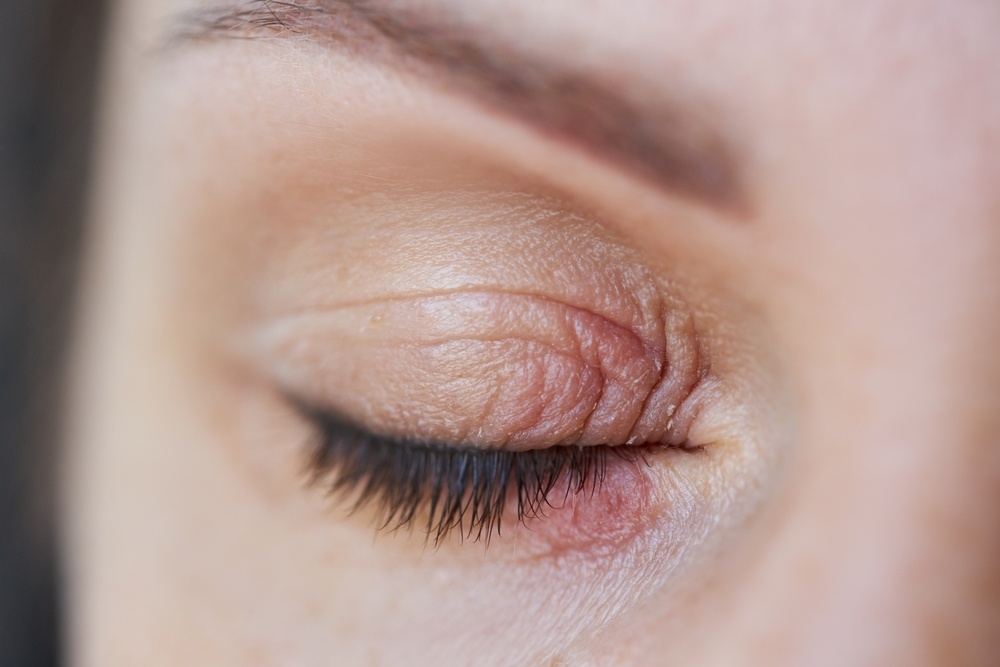
Rosacea is one of the most common facial skin conditions that affect people, impacting about 5% of the worldwide population. It usually affects your facial skin and around your eyes. It may cause eye irritation or affect your eyes only.
However, it is possible to have both forms of rosacea, which can significantly impact the quality of your life. Moreover, people with rosacea that affects the eyes and ocular rosacea tend to dismiss the condition's symptoms as seasonal allergies.
What Is Ocular Rosacea?
Sometimes called MGD, this inflammatory condition impacts the eyes and the skin around them. It is a chronic condition with no cure but can be managed by avoiding the triggers and using medication.
Who Can Get Rosacea?
Ocular rosacea can affect anyone; unfortunately, there is no consensus yet on what causes it. Many people who have mild symptoms of the condition are not diagnosed with rosacea.
A significant number of them assume that the symptoms are the result of something else, like contact lens wear. However, some people are more likely to develop ocular rosacea. These include the following:
Women
Adults who are between 30 and 50 years old
People from Scotland and England and other Western European backgrounds
People with fair or lighter skin
What Causes Rosacea?
Currently, there are theories on how the condition occurs. One is genetics if both your parents have the disease. Bacteria like H. pylori and some environmental irritants can also cause it. The last one is a circulation issue that leads to the inflammation of the blood vessels.
What Are the Symptoms?
Swelling around your eyes
Conjunctivitis or pink eye
Itching
Dry eyes
Crusty or flaky discharge on your eyelashes
Light sensitivity
Blepharitis or eyelid inflammation
Redness or discoloration around your eyes
Bloodshot eyes
Burning sensation in your eyes
Excessive tearing or watery eyes
Recurring chalazia or styes
Symptoms of Ocular Rosacea on Darker Skin
The condition is usually associated with lighter or fair skin because of the red discoloration it causes. This makes it much harder to spot in people with darker skin, but they can still get the condition.
Most symptoms of ocular rosacea are the same for both skin types, but in darker skin, the sensations it causes are a better guide. It usually causes a mild discoloration around the eyes, darker brown color, and a hot or warm feeling around your eyes.
Managing Ocular Rosacea
The best way to manage rosacea is by using lifestyle changes and home remedies. Establishing a routine to care for your face effectively keeps the condition at bay. You can start by ensuring that you keep your eyelids clean throughout the day by cleaning them with warm water twice a day.
Avoid using makeup when your eyes are swollen, and use oil-free makeup when they are healthy to avoid triggering it. If your symptoms include dry eyes and its symptoms, it would be best to avoid using contact when your condition flares up.
If dry eye symptoms persist, you can use artificial tears to remedy or ease them. You can also take time to identify things that trigger the condition and actively avoid them, like alcohol or spicy foods.
For more information on managing ocular rosacea, visit Envision Specialty EyeCare & Dry Eye Center at our office in Meridian Idaho, Idaho. Call (208) 490-8823 to book an appointment today.












